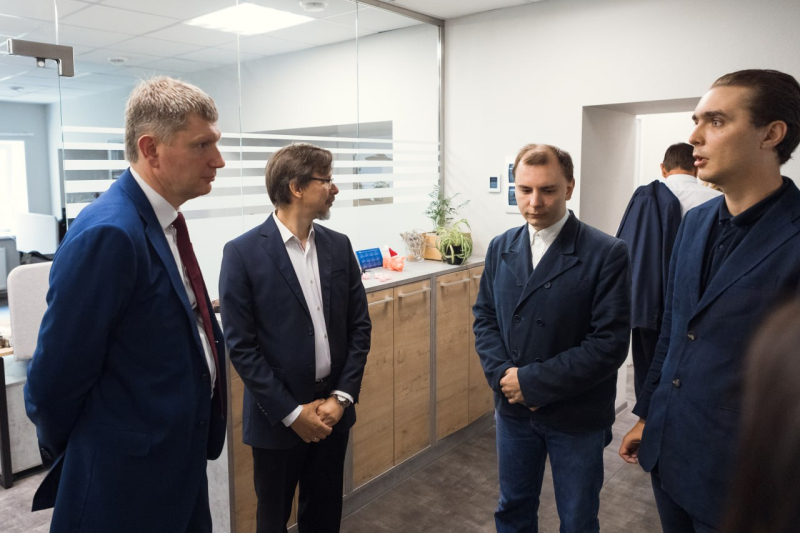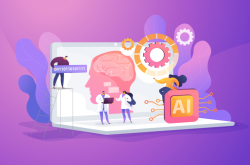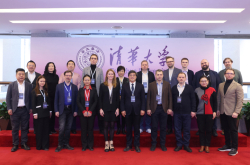In an earlier meeting with President Vladimir Putin and members of the Government, Maxim Reshetnikov noted that by the end of 2023, the Ministry of Economic Development and the Analytical Center of the Government will have conducted a contest to choose locations of new university-based research centers. Six such centers would spend the next 4 years working on artificial intelligence technologies. This field of activity is curated by Deputy PM Dmitry Chernyshenko.
“The research centers we’ve established in the field of AI have laid down a foundation for solutions to the most non-trivial tasks related to technological transformation. The high effectiveness of these centers is demonstrated by the fact that they’ve already raised 2.5 billion rubles in private investments in addition to the 5.4 billion rubles that were provided from the state budget for a period of 4 years. These have already proven to be economically viable projects,” explained Maxim Reshetnikov.
According to the minister, the centers conduct two types of activities. Firstly, they develop fundamental technologies, including the training of neural networks on smaller data sets, acceleration of computations with the help of machine learning, and the development of new ML methods. Secondly, they also use the results of such research to design specific applied solutions.
The research centers and their 26 industrial partners (the list includes Sberbank, Yandex, MTS, Gazprom Neft, Sibur, Chemrar, Kaspersky Lab, and others) have already launched some 50 applied solutions. For instance, the Skoltech-based research center has developed a pilot version of a self-learning modeling software for Gazprom Neft. This solution reduces exploration and drilling expenses, as well as increases the oil yield. Meanwhile, the center established at Innopolis University has produced AI Radiology, a suite of five platform-based AI services for medical diagnostics. The project uses medical imagery to identify diseases with an accuracy of over 90%.
The minister also familiarized himself with applied AI projects developed at ITMO. Staff members of the Laboratory for Composite AI presented FEDOT.Industrial – an open framework for automated machine learning in industrial applications. The technology has been used to develop an intelligent decision support system for the planning of industrial business processes. It also has applications in the mining and drilling industries, as well as transportation, construction, and power engineering. The system can increase the efficiency of underlying processes by up to 30% and reduce the staff hours required for planning by 16-20 times.
The head of the Ministry of Economic Development also got to learn about the digital platforms DataMall and SMILE.CLOUD, which both help industry specialists develop and train AI systems without needing to know how to code or work with big data infrastructures. The services reduce the development time of big data-based AI projects by 5-7 times without any loss in quality.
“To produce a full-on strong AI that’s comparable to human intelligence, we need to take into account the specifics of each industry and every particular company. That’s why we have to maintain a dialogue between businesses and universities – the more nuances the developers are aware of, the less time it takes to integrate a technology into the workflow. This will let us anticipate innovative solutions and accelerate the structural adaptation of the economy,” noted ITMO Rector Vladimir Vasilyev.




